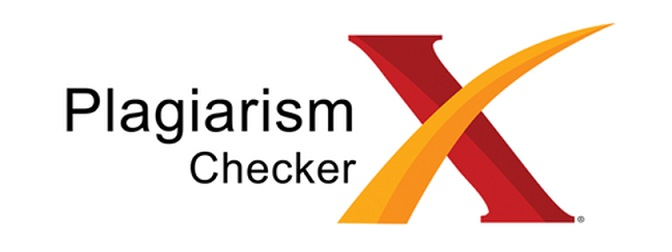Pelatihan Akuntansi EMKM Industri Kerupuk Ujungpangkah Kabupaten Gresik
DOI:
https://doi.org/10.55681/swarna.v3i5.1305Keywords:
SAK EMKM, Financial Report, Accounting Training, MSMEAbstract
Micro, Small and Medium Enterprises (MSMEs) have an important role in the Indonesian economy. However, MSME players often face obstacles in preparing financial reports in accordance with applicable accounting standards. The application of the Financial Accounting Standards for Micro, Small and Medium Entities (SAK EMKM) is a solution to improve the quality of MSME financial reports. This training aims to analyze the effectiveness of SAK EMKM-based accounting training in improving the understanding and skills of MSME actors in preparing financial reports. The training was conducted using interactive methods, accompanied by practical exercises and mentoring. The results of the training show that SAK EMKM-based accounting training is effective in improving the understanding and skills of MSME actors in preparing financial reports according to standards. The training materials include an introduction to accounting, the accounting cycle, preparation of financial statements according to SAK EMKM, and interpretation of financial statements for business decision making. The resulting financial statements consist of a profit and loss statement and a statement of financial position. The implementation of SAK EMKM is expected to improve the quality of MSME financial statements, so as to encourage sustainable business growth and increase access to formal financing.
Downloads
References
Hetika, & Mahmudah, N. (2017). Penerapan Standar Akuntansi Keuangan Entitas Mikro, Kecil dan Menengah (SAK EMKM) dalam Menyusun Laporan Keuangan. Jurnal Bisnis Terapan, 1(1), 81-104.
Ikatan Akuntan Indonesia. (2016). Standar Akuntansi Keuangan Entitas Mikro, Kecil, dan Menengah (SAK EMKM). Jakarta: Dewan Standar Akuntansi Keuangan Ikatan Akuntan Indonesia.
Janrosl, V. S. E. (2018). Analisis Persepsi Pelaku UMKM dan Sosialisasi SAK EMKM terhadap Diberlakukannya Laporan Keuangan yang Berbasis SAK EMKM 1 Januari 2018 (Studi Empiris Pelaku UMKM Se-Kota Pekanbaru). Jurnal Politeknik Caltex Riau, 11(1), 97-105.
Purwanti, D., & Hudiwinarsih, G. (2012). Persepsi Manajer atas Informasi Akuntansi Keuangan dan Pengaruhnya pada Keberhasilan Mengelola Perusahaan Kecil dan Menengah di Surabaya. The Indonesian Accounting Review, 2(1), 11-24.
Rizal, M., Maulina, E., & Kostini, N. (2019). Pengaruh Pengetahuan Akuntansi, Tingkat Pendidikan, dan Pengalaman Usaha terhadap Penggunaan Informasi Akuntansi pada UMKM (Survei pada Pelaku UMKM di Kabupaten Kuningan). Jurnal Riset Keuangan dan Akuntansi, 5(1), 55-65.
Rudiantoro, R., & Siregar, S. V. (2012). Kualitas Laporan Keuangan UMKM serta Prospek Implementasi SAK ETAP. Jurnal Akuntansi dan Keuangan Indonesia, 9(1), 1-21.
Suparno, S., Sari, R. N., & Suripto, S. (2020). Pengaruh Pelatihan Akuntansi terhadap Kinerja Keuangan UMKM di Kota Batam. Jurnal Akuntansi Barelang, 4(2), 58-67.
Trisomantagani, K. A., Yasa, I. N. P., & Yuniarta, G. A. (2017). Persepsi Usaha Mikro Kecil dan Menengah terhadap Kesiapan dalam Menerapkan SAK EMKM. JIMAT (Jurnal Ilmiah Mahasiswa Akuntansi) Undiksha, 8(2).
Downloads
Published
How to Cite
Issue
Section
License
Copyright (c) 2024 Widi Hidayat, Tri Ratnawati

This work is licensed under a Creative Commons Attribution-ShareAlike 4.0 International License.












